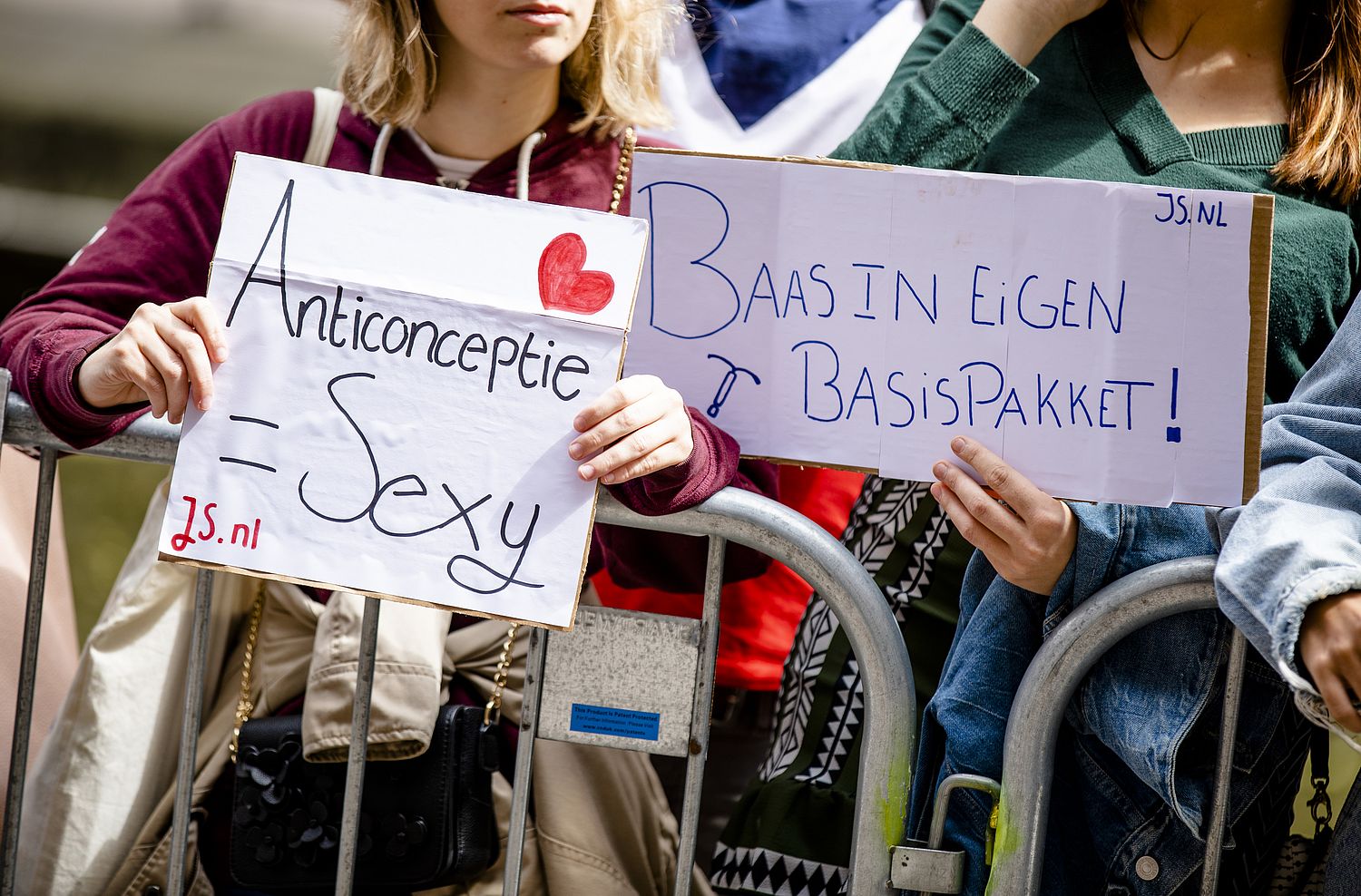The vast majority of young people (85 percent) think that contraception for all women should be included in the basic package. Making the pill, IUD and other resources available for free ensures more equality, they say.
This is evident from research by 3Vraag, part of the EenVandaag Opinion panel, in collaboration with 3FM HUMAN. The study involved 3,500 young people aged 16 to 34. Almost all female participants (93 percent), but also a majority of young men (77 percent) want contraception to be reimbursed by the basic insurance.
Inequality
Due to government cutbacks, contraception disappeared from the basic package in 2011. Women under the age of 18 are still reimbursed for contraceptives, for 18 to 20-year-olds it falls under the deductible and above 21 years old must be paid for themselves.
Many young people believe that this leads to inequality. Women pay the bill, while men also benefit from contraception. Someone says, “It shows how far we are from equality. Women bear the responsibility and men are facilitated.” In addition, society as a whole benefits from preventing unwanted pregnancies: “That costs society a lot of money and sometimes also suffering. Consider, for example, abortion or possible problems in the family.”
Also read
‘Being pregnant is not a disease’
Another argument is that contraception is not easy to afford for all women. Each resource has its own price. For example, the pill can vary between 40 and 110 euros per year. And an IUD costs 50 to 150 euros. The costs of placement are sometimes added to that.
Young people who think that contraception is not part of the basic package (10 percent) find it very affordable and generally do not see the necessity that way. One participant: “Getting pregnant is not a disease. Not everyone is waiting for it, I understand that. But the health insurance fund is meant to fight and prevent diseases. If this is the aim then condoms should be free instead of the pill. .“
Fairly we will share everything
Of the young men who are currently in a relationship, a third (31 percent) say they help pay for their female partner’s contraception. Often the pill or IUD is billed from the joint bill.
Many participants who do not contribute (40 percent) say that they have not thought about sharing the costs before. “She never asked for it and I never thought of offering it,” someone writes.
Also read
Shared benefits, shared burdens
Overall, seven in ten (69 percent) young people think it is a good thing for men to help pay for their female bed partner’s contraceptives. They find it only natural that, especially in a relationship, you should share the costs of not getting pregnant. Shared benefits, so also shared burdens, they argue.
“If you have sex together for pleasure and not to get pregnant, then you can also discuss the costs of contraception together. Although I understand that this is easier with a steady partner than with a one night stand,” said one. participant.
About this research
3Questions, part of the EenVandaag Opinion panel, sends a questionnaire to members between the ages of 16 and 34 about once a month. To this research (pdf), held from January 10 to 24, 2021, 3,562 participants took part. After weighting, the results are representative of five variables, namely age, gender, education, voting behavior and distribution across the country.
–
–
– .


